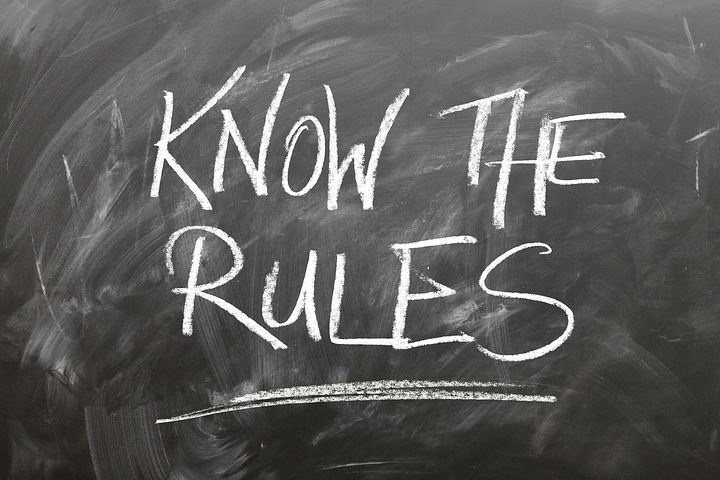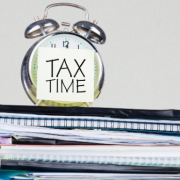First published in Stuff 4th October 2019
This serves as a word of warning to anyone who owns a business where cash is regularly received as payment for goods and services
Four members of the Thai restaurant family have been sentenced to prison or home detention after a $2.3 million tax evasion case brought by Inland Revenue, and another was convicted but discharged.
They were also been ordered to pay more than $2.2 million in reparations by the High Court in Wellington over tax evasion carried out through 21 “Thai House Express” restaurants around the country.
The five – Boonrouen Thongskul, Sirirat Kampeng, Anchalee Minwong, Chanaratt Thongskul and Anuchit Tongskul – originally denied the charges but entered guilty please five weeks into the trial that had been expected to last ten weeks.
They were accused of having been part of co-ordinated tax evasion effort over a seven-year period which involved not reporting cash sales to the taxman, and distributing the cash directly to family members.
The charges related to the filing of 366 false income tax, GST and personal tax returns evasion relating to their own tax affairs and those of their 11 companies.
“Once they’d heard much of the Crown evidence against them, these five entered guilty pleas in relation to the GST and income tax returns of the businesses for which they were responsible, and their own income tax return,” said Inland Revenue spokesperson Richard Philp.
“By their guilty pleas the brothers and sisters acknowledged they knew their returns were false and were a deliberate ploy to evade tax. Cash sales were deliberately suppressed to pay less tax.
“An aggravating feature of the offending for Chanaratt Thongskul and Anuchit Tongskul was that their declared income was low enough to qualify for Working for Families Tax Credits in some of the years charged.
“The case followed an extensive investigation into the family group with searches of private properties disclosing business records, luxury goods and cash in some instances.
“The general allegation was that the family distributed the cash amongst themselves, as part of a deliberate practice of not reporting or recording cash sales and diverting the cash to private use.
“This is not trivial tax evasion. At one point in the trial the cash deposited in personal bank accounts was said to be more than $9 million. For these five defendants the sum is more than $5.2 million.”
At the High Court in Wellington today Chanaratt Thongskul was sentenced to two years and eight months in prison and ordered to pay $900,000 in reparation.
Sirirat Kampeng was sentenced to 12 months home detention and ordered to pay $600,000 in reparation.
Anchalee Minwong was sentenced to 10 months home detention with $400,000 in reparations.
Anuchit Tongskul was sentenced to nine months home detention and must pay $300,000 in reparations.
Boonruen Thongskul was convicted and discharged with $5000 in reparation to pay.






